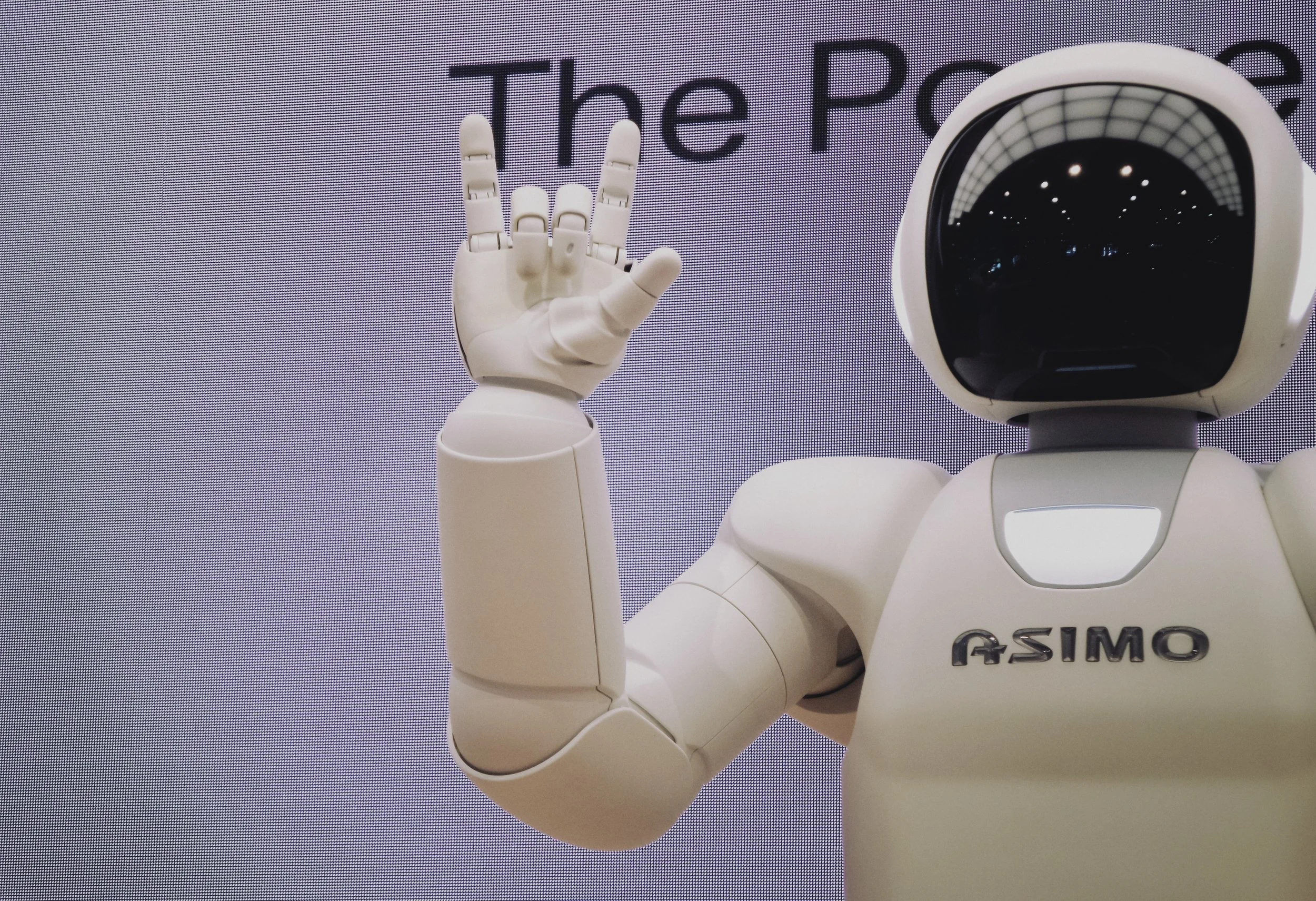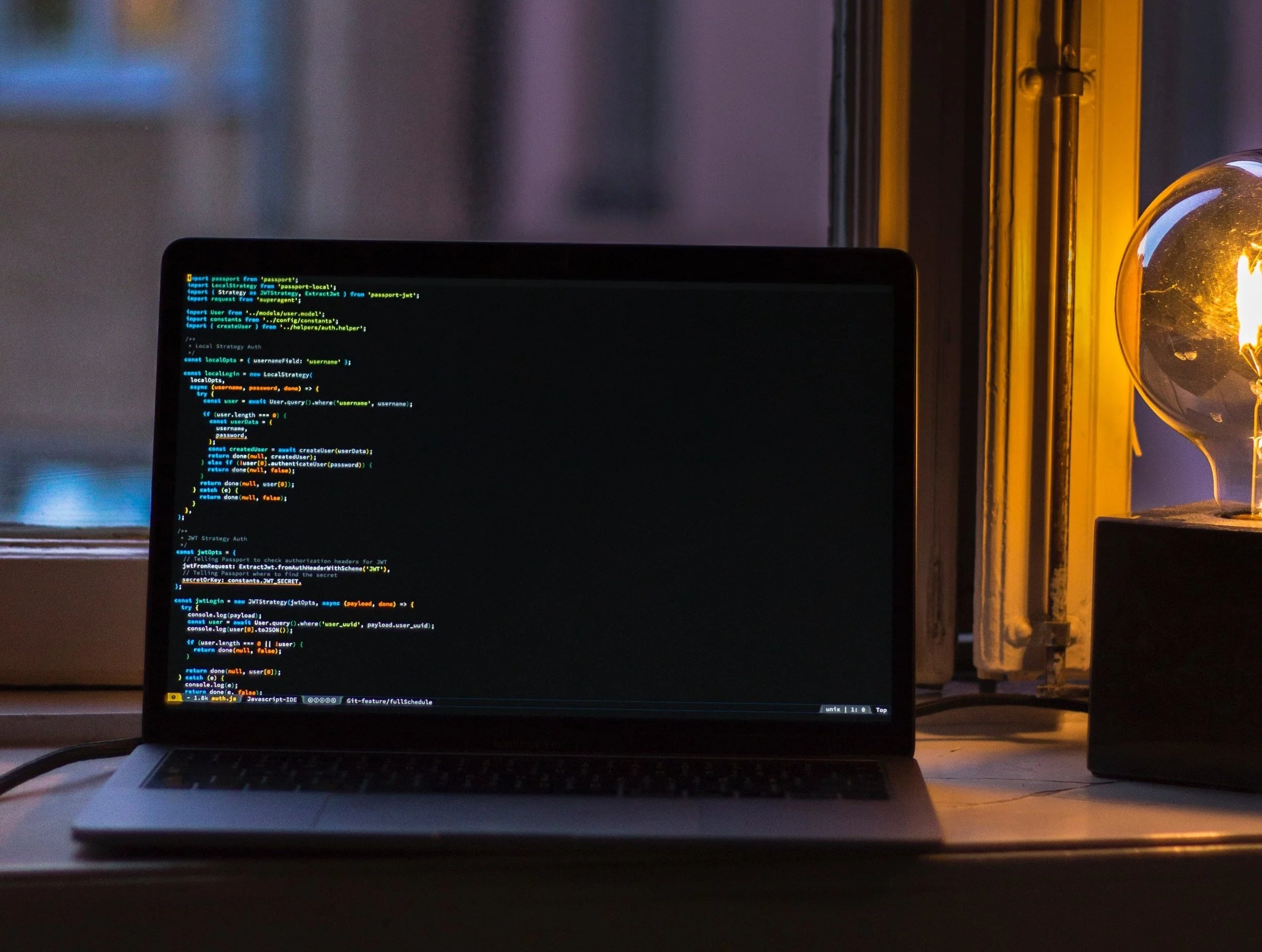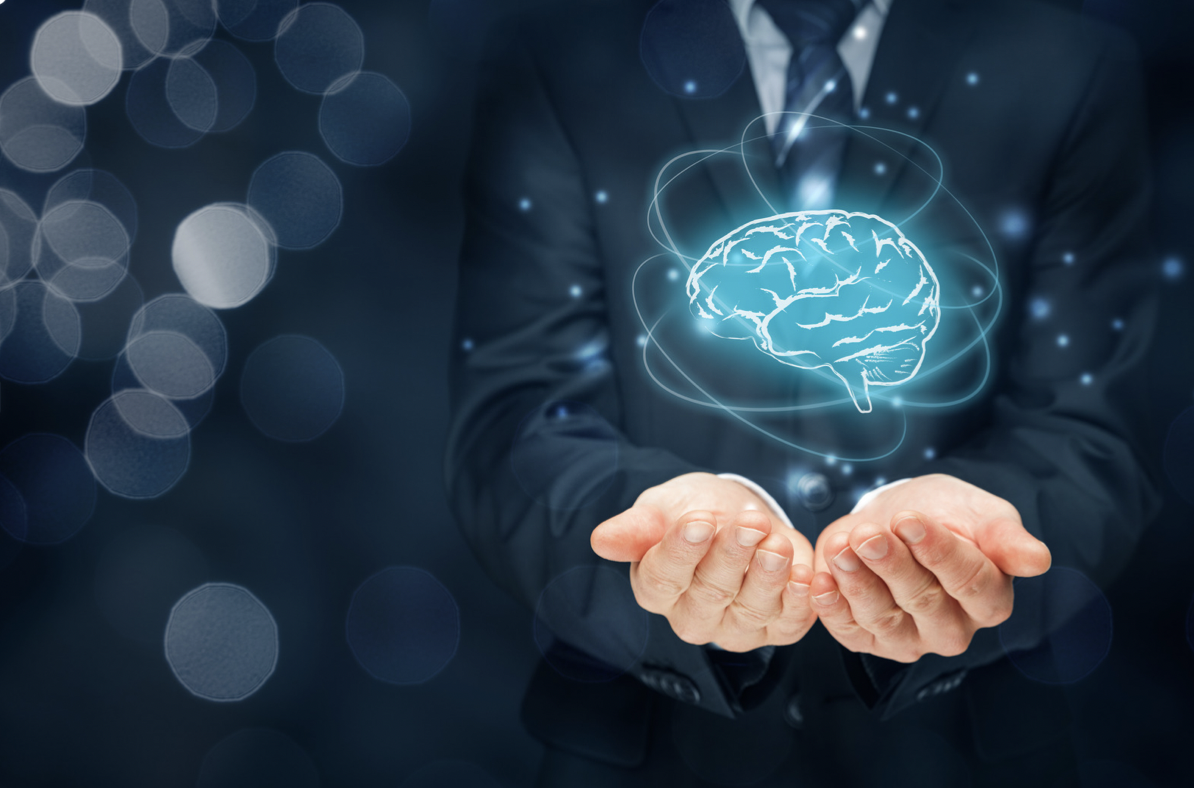AI Trends: Current and Beyond
Artificial intelligence has the potential to be one of the most transformative technologies humanity has ever created. Google CEO Sundar Pichai has actually claimed AI will have an even more significant impact on our evolution as a species than fire or electricity. This may be an ambitious claim, but the potential is undeniable, considering how it is currently being utilized to combat climate change, explore space, and find cancer therapies.
While AI has far-reaching potential, here are a few of the biggest trends we see taking over:
AI in Cybersecurity
Hacking and cybercrime will become an increasingly prevelant issue as every connected device you add to a network is a potential point of failure that an attacker could exploit. Identifying those sites of failure becomes more complicated as networks of linked devices become more complex. This is where AI comes into play.
By studying network data and learning to spot patterns that indicate malicious motives, smart algorithms are playing an increasing role in keeping us secure from cyber crimes. This is expected to be one of the most important applications of AI that we will continue to see evolve.
AI and the Metaverse
The term "metaverse" refers to a unified persistent digital environment in which people can collaborate and play together. It's a virtual environment like the internet, but with an emphasis on allowing people to create immersive experiences. AI will undoubtedly be a metaverse cornerstone. It will aid in the creation of online settings in which people can feel at ease while having their creative impulses fueled.
Low-Code No-Code AI
The scarcity of skilled AI engineers who can construct the necessary tools and algorithms impedes many companies' adoption of AI-driven efficiency. No-code and low-code solutions solve this problem, by providing simple interfaces that can be used to build progressively complex AI systems. No-code AI systems will make it possible to create smart programs by simply plugging together different, pre-made modules. Users can provide their own domain-specific data, similar to how web design and no-code UI tools now enable users to create web pages and other interactive systems by simply dragging and dropping graphical elements together.
Creative AI
Creativity is typically seen as a uniquely human trait. AI, however, can now produce products from art to music or video games. Rather than being used as demos or experiments to demonstrate AI's potential, these works will increasingly be used in ordinary creative jobs. From writing headlines for articles and newsletters, to drawing logos, and creating infographics, AI will support it all.
Businesses may plan and perform proactive digital transformation with the help of AI and other tools like Machine Learning and the Internet of Things. Artificial Intelligence only serves to aid businesses in implementing digital transformation and remaining competitive. In other words, it enables you to abandon piece-meal strategies.






